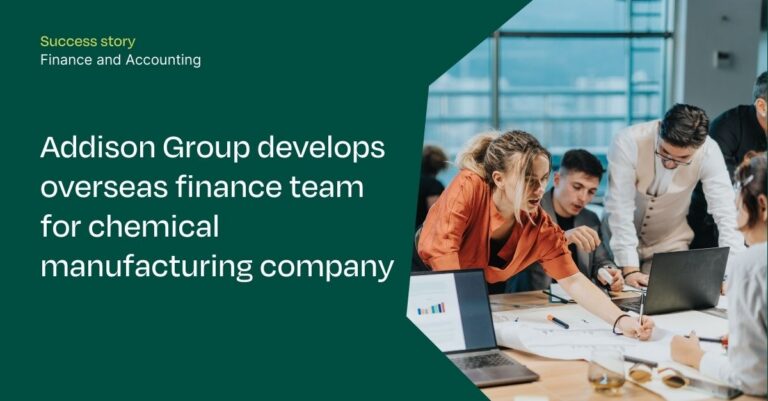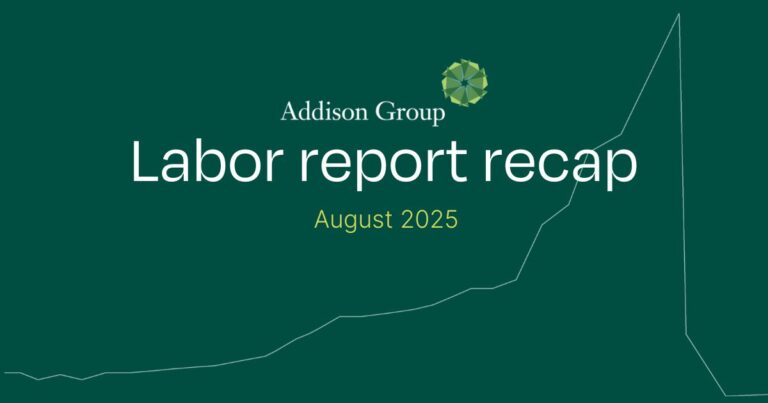What you need to know to prevent hiring the wrong person

Let’s take a stroll down memory lane. It’s right after the Covid-19 pandemic, and the Great Resignation is in full swing. Employees were leaving left and right, and you needed to fill those open positions quickly, and you thought you had found good people to get the job done. However, as the job market cooled down and employees weren’t leaving as often, you may have realized you made a bad hire during this period of chaos.
You’re not the only one. Reports estimate that around 60% of business leaders globally worry that they hired the wrong person. The wrong hire likely sent a tsunami of effects within your organization, such as reduced employee morale, lost productivity and revenue, higher costs, and more time backfilling these roles.
Here are some reasons why companies make bad hires, the cost of hiring the wrong person, and how you can prevent making a poor hire.
Common causes of companies making bad hires
Organizations making bad hires isn’t always a random mistake. It will keep happening if you don’t address the root problem of why you made a bad hire the first time. Here are some common reasons why companies make bad hires.
- HR doesn’t have the resources to recruit top talent. 36% of HR leaders reported they don’t have the resources to get top talent. Additionally, 50% of organizations think competition for talent will increase over the next six months. All of this creates the perfect storm for making a bad hire.
- Overemphasized technical skills over soft skills and cultural fit. Yes, technical skills are important, but finding the right culture fit is the key to making a successful hire. Technical skills can be taught, but if someone is not a good cultural fit, there is little to be done to make them fit into your organization.
- Rushed the hiring process. A rushed hiring process is often a result of initially drawing out the interview process, losing out on the best candidates, and then, after several months, feeling pressured to fill the role quickly. Although participating in a faster hiring process allows you to fill a position faster, you may just settle for a candidate who isn’t the best fit for the job. Ultimately, it’s best to find the balance between hiring too soon and taking too long to commit to a candidate.
- Lack of proper background/reference checks. This can be one of the most efficient ways to ensure a candidate is a good fit for your organization. Background checks ensure candidates are who they say they are and that all their legal information matches what they provided to you. References checks ensure they have a past colleague who can vouch that they are qualified candidates for the position.
Costs of making a bad hire
Hiring the wrong person can cost your company – and not just monetarily. Here are some costs you can expect from making a poor hire.
- Monetary. Some reports estimate you’ll lose 30% of an employee’s first year salary if you make a bad hire. Especially if that happens multiple times, it can negatively affect your organization’s budget. When you let go of this wrong hire, it costs your organization money to have that position vacant while you look for their replacement.
- Intangible. The intangible costs associated with a bad hire can be far more detrimental to your organization. Hiring the wrong person can greatly affect your company’s culture, productivity, and reputation. Some specific examples include other employees having to take time to fix mistakes made by this employee. Additionally, you may lose clients and customers due to negative experiences caused by the wrong hire, too.
How to mitigate the risk of hiring the wrong person
Now that you know the common causes of a bad hire, what action can you take to prevent making this mistake (again)? First, focus on finding a cultural fit. You want someone who is a good fit for your team and can help boost productivity. Additionally, you can ensure you make the right hire by conducting thorough reference checks to see that this individual will be a valuable addition to your team. Second, you need to find the right balance between hiring too fast and dragging the interview process too long. Dragging the process out risks you losing out on top candidates and hiring too quickly can lead you to a candidate who isn’t the best fit for the position.
One of the best ways to lessen the risk of making a bad hire is by partnering with Addison Group. For more than 20 years, our hiring experts have connected clients with talent with the right technical skills that match their organization’s culture. Let’s talk about how we can help fill your vacancies.









